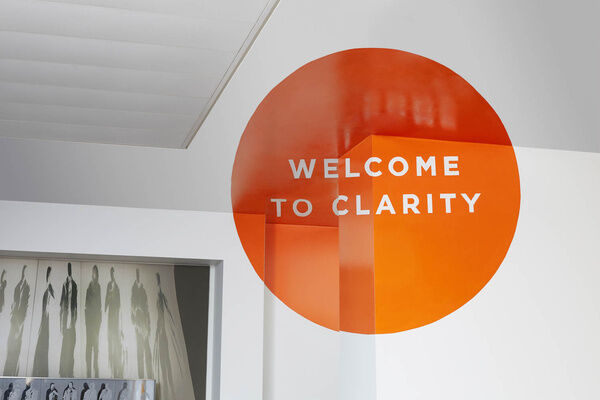Back in early June 2022, when heatwave records hadn’t yet been broken, Morton Fraser announced 22 promotions, amounting nearly 10% of the total workforce, at all levels across its four divisions. Seventeen of the 22 promoted were women. Morton Fraser, and the legal profession generally, now has a higher percentage of women employed than men.

However, the future looks less rosy for women, what with unhelpful language spreading in relation to health and the right to choose; the cost-of-living crisis; and the gender pay gap showing little sign of closing. On the latter, the Times' article, Pandemic blow to gender pay gap, cites the World Economic Forum's annual report, which found that only a fifth of the 146 countries in the survey had made any progress in closing the pay gap. An estimated 132 years is still required to close the gap around the world.
Turning more specifically to the legal profession: every five years the Law Society of Scotland carries out a "Profile of the Profession". The 2018 survey was responded to by 2,140 (18%) of the 11,779 practising solicitors in Scotland with the group who provided most responses being private practice equity partners. The 2018 Profile found that:
- A 23% gender pay gap existed.
- Achieving an improved work-life balance was the most important career aspiration over the next five years.
- The majority of respondents had considered leaving the profession in the next five years.
- Just under 80% of respondents thought that gender equality [please note that this is the term used in the Profile] in the profession had improved. 28% of men believed that there had been improvement "to a great extent" compared to only 10% of women.
- A higher proportion of female respondents had personal experience of bullying, harassment and sexual harassment over the past five years compared with male respondents.
The Profile's data is not necessarily representative of the entire profession, but it does give an indication of what is going on and certainly what is important enough to those working in and leading the profession that they took the time to respond. It also suggests a disconnect between the perceptions of men and women on the progress of gender equality.
It should be of concern to all of us that nearly 20% of the profession had considered leaving prior to the additional stresses of Brexit, COVID-19 and the cost-of-living crisis. In March 2021, both PWC's Women in Work 2021 - Executive Summary and Close the Gap reported that women were disproportionally impacted by COVID-19. In February 2022, the Society for Human Resource Management stated in their report that, in the USA alone, male workers had regained all jobs lost due to COVID-19, whereas 1.8 million women's jobs were still gone. This was as a result of women leaving the market to care for children as schools closed.
What can law firms do to help improve the future, not just for women but for all marginalised groups? My colleague Yvonne Brady wrote this excellent piece, for the Law Society of Scotland, Pride and progress along with the Law Society's Elaine MacGlone, focusing on promoting LGBTQI+ inclusion. The points they make apply to diversity and inclusion for all marginalised people, in particular:
Beyond the mandatory anti-bias training that many firms now employ, there is value in continuing to create platforms for discussions to be shared about the lived experiences of those in the LGBTQ+ community.
Morton Fraser has seven Employee Resource Groups in which employees can discuss their experiences and matters affecting them as well as inviting comments from the wider MF workforce on particular subjects. The ERGs are:
- Women
- LGBTQI+
- Working Parents & Carers
- Faith & Belief
- Disabilities
- Ethnic Minorities
- Social Mobility
Since its formation in mid-2021, the Women's ERG has been pivotal in changing the policy for working late to make available vetted, firm-funded, taxis to ensure the safety of all employees when travelling home. We have also arranged training for menopause awareness and input into fertility, maternity and pregnancy loss policies.
In summary, there is no simple or "one size fits all" answer for improving the experience of women in the workplace. We can all however work towards making the workplace more comfortable and welcoming for everyone, whether that is by providing input into policies, providing a safe space to be heard in, supporting employees to address and overcome the challenges they face and by being willing to listen, engage, understand and take action where required.
The content of this webpage is for information only and is not intended to be construed as legal advice and should not be treated as a substitute for specific advice. Morton Fraser LLP accepts no responsibility for the content of any third party website to which this webpage refers. Morton Fraser LLP is authorised and regulated by the Financial Conduct Authority.










